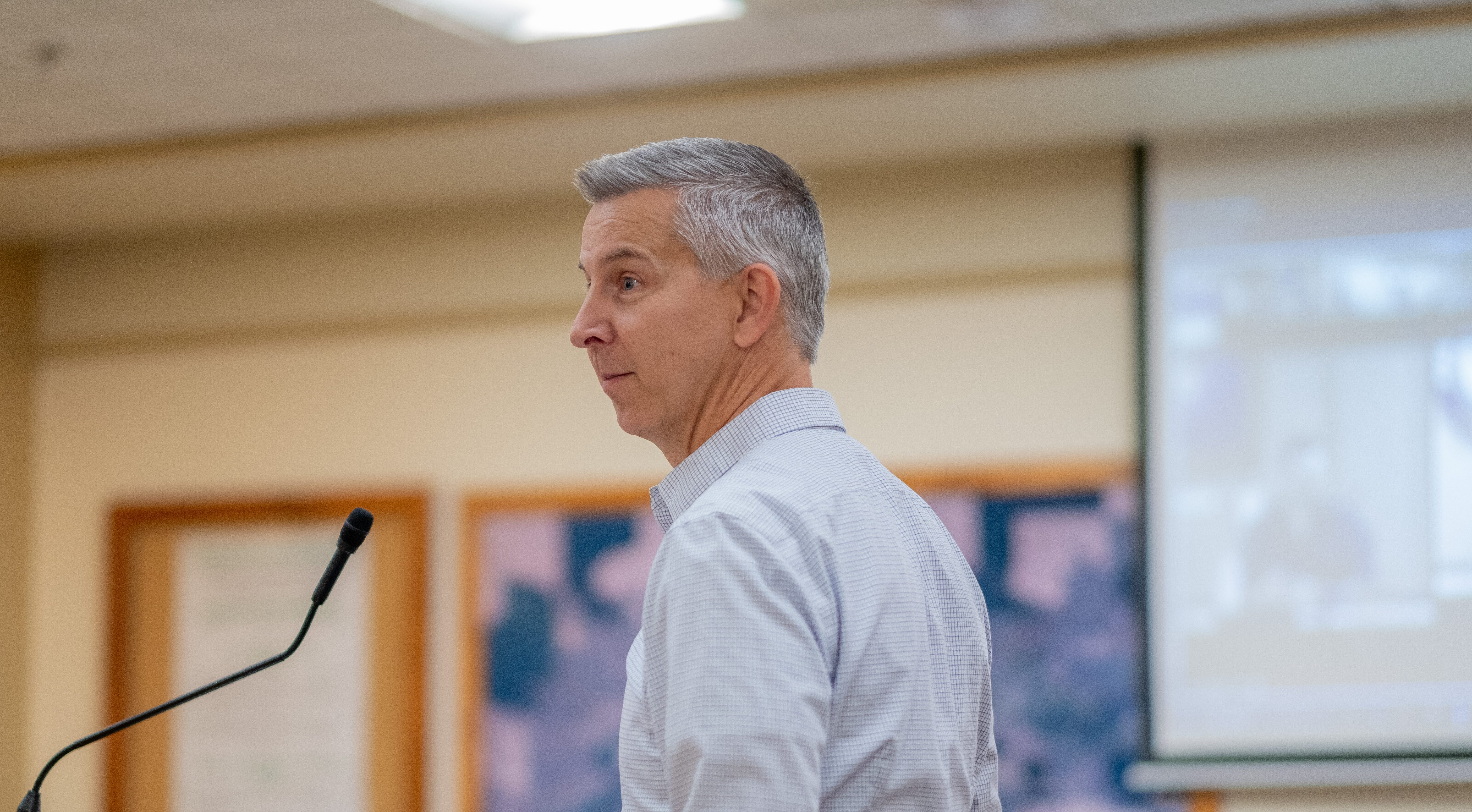Paycheck Protection Program has $130 billion left unused
Published 12:00 pm Wednesday, July 1, 2020
WASHINGTON — The stimulus program that has both infuriated and sustained small-business owners since its launch in April was set to close Tuesday with more than $130 billion left unused, prompting lawmakers to consider how to repurpose the money for the still-ailing economy.
But just hours before its deadline, the U.S. Senate approved a temporary extension to let businesses apply for the Paycheck Protection Program. The deadline was set to expire just before midnight. Before the extension, Sens. Marco Rubio, R-Fla., and Ben Cardin, D-Md., were leading a group considering how best to use the remaining funds to help small businesses as they begin to reopen.
Trending
The issue over the remaining funds is not expected to be resolved until the Senate gets to work in late July on what Majority Leader Mitch McConnell, R-Ky., has said will be the final major coronavirus relief bill.
At a hearing of the House Financial Services Committee early Tuesday, Treasury Secretary Steven Mnuchin said the Trump administration supports legislation to repurpose the more than $130 billion left in the small-business fund.
The aim should be “extending it to businesses that are most hard-hit, that have requirements that their revenues have dropped significantly — things like restaurants and hotels and others where it is critical to get people back to work,” Mnuchin said.
Rubio is working on legislation, along the lines described by Mnuchin, that would create new programs to expand uses for the funds, such as allowing chambers of commerce to apply as well as directing more money to certain businesses that prove they were affected by the pandemic.
According to a draft copy of the bill that was obtained by The Washington Post, the legislation would also set aside $25 billion for businesses with fewer than 10 employees and formally prevent hotel or restaurant chains from receiving more than $2 million total. Rubio would need to reach an agreement with House Democrats before any deal could be signed into law, however, and they have been calling for a range of other economic responses to the coronavirus pandemic.
A separate bill proposed weeks ago by Sens. Ben Cardin, D-Md., and Jeanne Shaheen, D-N.H. — who along with Rubio and Sen. Susan Collins, helped craft the original Paycheck Protection Program legislation — extends the application deadline to Aug. 8.
Trending
“PPP has been widely successful. There are more companies that could benefit from it. It would be great if extending the deadline would help them. But my sense is the greater need right now is in companies that have received that assistance but now need new or different kinds of assistance,” Rubio said.
Though the administration has not yet released detailed data on the program’s effectiveness, the Treasury Department and the Small Business Administration, as well as many economists, credit it with saving millions of jobs. Borrowers snapped up the first $349 billion Congress approved just 13 days after the program’s April 3 launch.
Two months after a second, $310 billion round launched, more than a quarter of the money remains available despite record-high unemployment, more than 100,000 small-business closures and growing projections that the ill economic effects of the pandemic will extend through next year. Interest in the program was tempered in recent weeks as many companies opted against taking on additional debt as the rules of the program kept changing.
Borrowing from the program has slowed to a trickle despite Congress and officials at Treasury and the SBA repeatedly loosening the rules to allow more companies to receive funds and making it easier for borrowers to have the loans forgiven and turned into grants, as most are.
A major change between the paycheck program and Rubio’s new proposal would be a further expansion of allowable expenditures, something the hotel industry has been pushing for since early in the pandemic.
Because travel was one of the earliest industries hit by the pandemic and is expected to be one of the last to recover, the program’s focus on bolstering payroll expenses for an initial eight-week period, a time frame that was later extended, isn’t likely to help hotel owners who are struggling to pay their mortgage and utilities. Many hotel owners do not know when they will be operating at full capacity again.
Of 2.3 million people who worked at hotels before the pandemic, an estimated 60% remain unemployed, Chip Rogers, president of the American Hotel & Lodging Association, said in a statement. He said a full recovery is not expected before 2023.
“We want to get them all back to work, but with travel not expected to recover quickly, additional stimulus is imperative to keep the majority mom and pop small businesses afloat,” he said.









